Introduction: Why Ally Financial Planning for Charities Matters
Nonprofits and charities play an essential role in creating stronger, more resilient communities. However, sustaining charitable work requires more than passion—it requires careful financial planning and access to reliable funding sources. One corporate leader making a measurable difference is Ally Financial, which supports nonprofits through structured grants, sponsorships, and strategic philanthropy. For organizations committed to advancing affordable housing, financial literacy, and workforce development, understanding Ally financial planning for charities can open doors to funding opportunities, long-term partnerships, and community impact.
This article explores Ally’s funding priorities, eligibility guidelines, and financial planning strategies that charities can adopt to improve their chances of success in securing grants. We will also look at compliance considerations, budgeting best practices, and real-world success factors that make proposals stand out.
Understanding Ally’s Mission and Funding Pillars
Ally Financial, through its charitable foundation, invests in causes that align with its business values and community commitments. The organization’s philanthropy is not scattershot—it is structured around three main pillars:
- Affordable Housing – Supporting initiatives that help individuals and families secure safe, stable, and affordable homes.
- Financial Education – Promoting financial literacy for youth, adults, and underserved groups so they can make informed money decisions.
- Workforce Development – Creating opportunities for training, career pathways, and economic mobility.
These pillars reflect Ally’s recognition that financial stability begins with a roof overhead, continues with money management skills, and thrives when individuals have access to career opportunities. Charities that can tie their mission to these focus areas are more likely to be considered strong candidates for funding.
Eligibility and Geographic Priorities
While Ally funds a wide range of nonprofits, there are specific eligibility requirements. First, applicants must be IRS-recognized 501(c)(3) charitable organizations. Political groups, lobbying organizations, and individuals are not eligible. Additionally, Ally has a geographic priority: its grantmaking is concentrated in Charlotte, North Carolina, and Detroit, Michigan, where the company has deep community roots.
That said, charities operating outside these cities are not automatically excluded, but they need to demonstrate strong alignment with Ally’s pillars and, ideally, show how their work can benefit communities where Ally employees and customers live and work. For organizations within Charlotte and Detroit, the geographic advantage adds weight to their proposals, especially if the programs directly address local needs in housing, education, or workforce training.
Current Grant Cycle and Timeline (2025–2026)
As of 2025, Ally Charitable Foundation’s grant cycle is closed, with applications expected to reopen in 2026. This gives nonprofits ample time to prepare. Instead of rushing proposals, organizations should use this period to fine-tune their strategic plans, strengthen financial reporting systems, and align program designs with Ally’s stated goals. By doing so, nonprofits can enter the next cycle with polished, compelling applications that stand out from the competition.
Building Strategic Partnerships with Ally
Successful charities don’t just view Ally as a funding source—they position themselves as long-term partners. This means demonstrating alignment in values and showing how Ally’s investment will lead to measurable community impact. For example:
- Financial Literacy Programs: Partnering with schools or community centers to deliver workshops for youth and families.
- Workforce Training Initiatives: Offering certification programs, apprenticeships, or career coaching for underserved populations.
- Affordable Housing Projects: Expanding housing assistance programs or supporting low-income homeownership.
By designing programs that overlap with Ally’s funding priorities, charities can show they are not simply requesting financial aid but are creating pathways for meaningful collaboration.
Crafting a Fundable Proposal
Strong proposals follow a disciplined structure. When preparing an Ally grant application, nonprofits should focus on:
- Clear Need Statement: Explain the problem you aim to solve with evidence and community data.
- Defined Objectives: Outline specific, measurable goals that tie back to Ally’s pillars.
- Program Design: Describe how your charity will deliver results—methods, partnerships, and scalability.
- Budget Justification: Break down costs clearly into personnel, program delivery, and administration. Transparency builds trust.
- Outcomes and KPIs: Identify measurable indicators such as number of individuals housed, trained, or financially educated.
- Governance & Accountability: Provide details on board oversight, internal controls, and compliance with non-discrimination standards.
- Reporting Capacity: Show you have systems in place to deliver regular progress updates and data, as Ally requires.
The more concrete and outcome-focused your proposal, the stronger the case for funding.
Nonprofit Financial Planning Essentials
Even beyond grant applications, every charity should maintain strong financial planning practices. These ensure sustainability, accountability, and readiness for partnerships. Key strategies include:
- Scenario Planning: Develop best-case, base-case, and worst-case financial projections to manage uncertainty.
- Cash-Flow Forecasting: Track inflows and outflows monthly to avoid liquidity crises.
- Reserves Policy: Build at least three to six months of operating reserves to cushion against revenue fluctuations.
- KPI Dashboard: Use dashboards to monitor metrics such as program costs per beneficiary, restricted vs. unrestricted revenue, and outcome achievements.
- Annual Financial Plan: Create a rolling 12-month plan that links strategic goals to budget allocations.
By adopting these practices, nonprofits not only strengthen their operations but also reassure funders like Ally that their money will be managed effectively.
Compliance and Reporting Expectations
Charities awarded grants by Ally are expected to maintain high levels of transparency and accountability. This includes submitting progress reports that measure outcomes against agreed KPIs, sharing financial updates, and providing qualitative evidence such as stories or testimonials from beneficiaries.
From day one of program implementation, nonprofits should establish systems for data collection, whether through surveys, case management software, or financial tracking tools. Having reliable metrics ready makes reporting seamless and demonstrates professionalism to funders.
Common Pitfalls to Avoid
Many charities fail to secure funding because of avoidable mistakes. The most common include:
- Weak Alignment with Ally’s Pillars: Submitting generic proposals without connecting to housing, education, or workforce development.
- Unclear Outcomes: Using vague goals like “improve financial literacy” instead of measurable ones like “train 500 adults in budgeting skills.”
- Over-Reliance on Restricted Funding: Depending solely on grants for survival rather than diversifying income streams.
- Poor Data Collection: Lacking evidence to back up program effectiveness.
By recognizing these pitfalls early, charities can refine their strategies and build stronger proposals.
Success Factors and Signals of Fit
Organizations that have succeeded with Ally funding typically share a few traits:
- Strong community partnerships in Charlotte or Detroit.
- Clear alignment with one or more funding pillars.
- Measurable track record of impact in financial literacy, housing, or workforce programs.
- Transparent governance and financial controls.
For charities evaluating their fit, conducting an internal readiness assessment can be invaluable. Reviewing board structure, audit readiness, and reserve levels can reveal whether the organization is well-positioned for corporate partnerships.
Diversifying Beyond Ally
While Ally is an important funding partner, nonprofits should never depend on a single source. Diversification builds resilience. Charities should explore donor-advised funds (DAFs), foundation grants, corporate sponsorships, and unrestricted gifts to balance their portfolios. Ally funding can serve as a cornerstone that attracts other supporters, but a broad base of funders ensures long-term sustainability, especially during economic fluctuations.
Frequently Asked Questions
When does Ally accept applications again?
The next expected cycle will open in 2026.
Does Ally fund charities nationally?
While there is a national element, the strongest emphasis is on Charlotte, NC and Detroit, MI.
What types of programs are most likely to be funded?
Programs in affordable housing, financial education, and workforce development.
What compliance factors are required?
Applicants must be IRS-recognized 501(c)(3) organizations and comply with Ally’s non-discrimination and governance standards.
What kind of reporting is expected?
Ally requires progress reports detailing metrics, outcomes, and financial performance.
Conclusion: Preparing for Ally’s Next Cycle
As nonprofits gear up for the reopening of Ally Charitable Foundation grants in 2026, the time to prepare is now. By aligning programs with Ally’s pillars, building robust financial planning systems, and crafting outcome-driven proposals, charities can position themselves as strong candidates for funding.
Ultimately, ally financial planning for charities is not just about securing money—it is about creating a structured, strategic approach that ensures long-term impact. For nonprofits willing to invest in strong governance, transparent financial planning, and mission-aligned programming, Ally represents a powerful partner in building thriving, financially empowered communities.
Also read more interesting topics at mgtimes.co.uk.
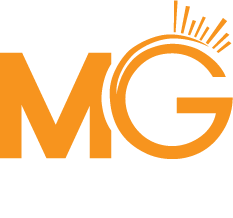
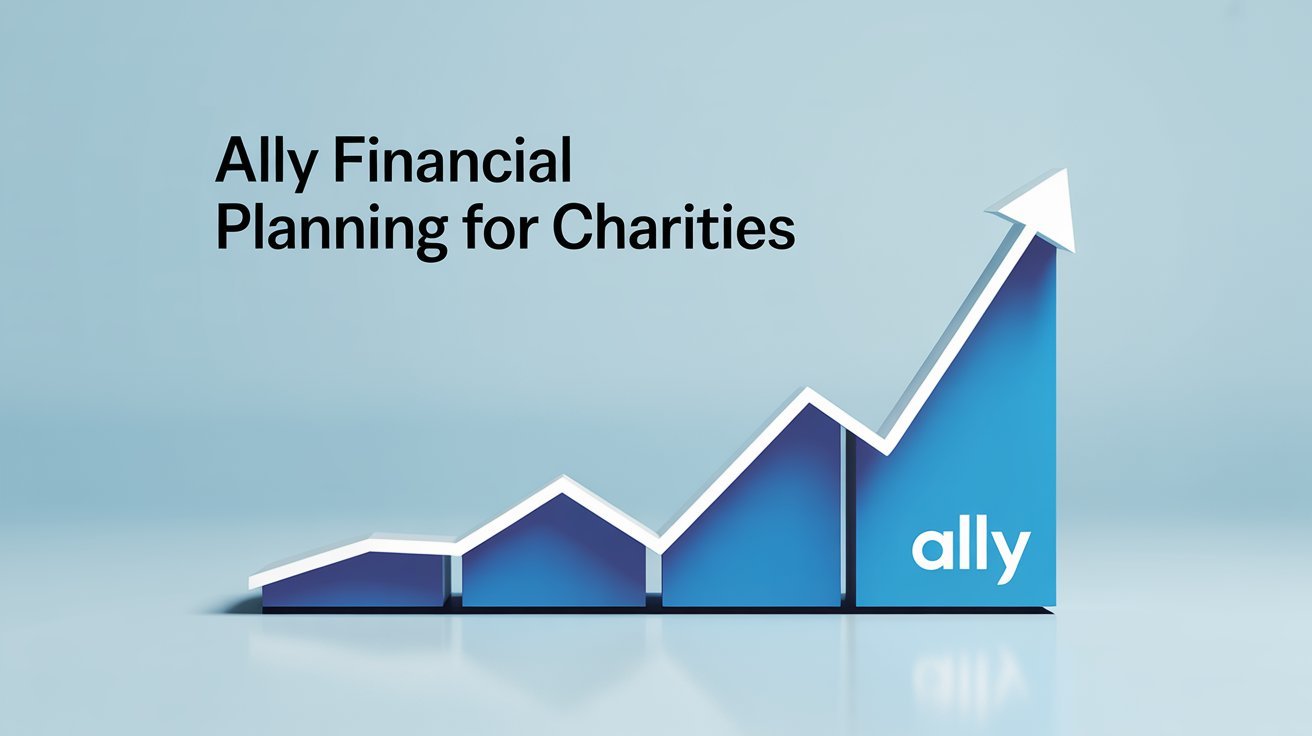

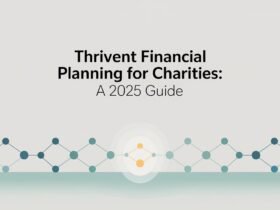

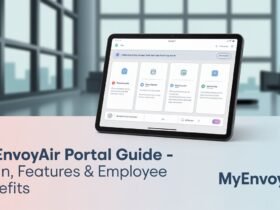
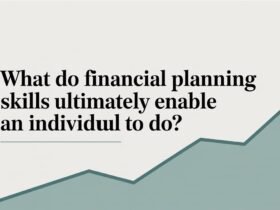
Leave a Reply